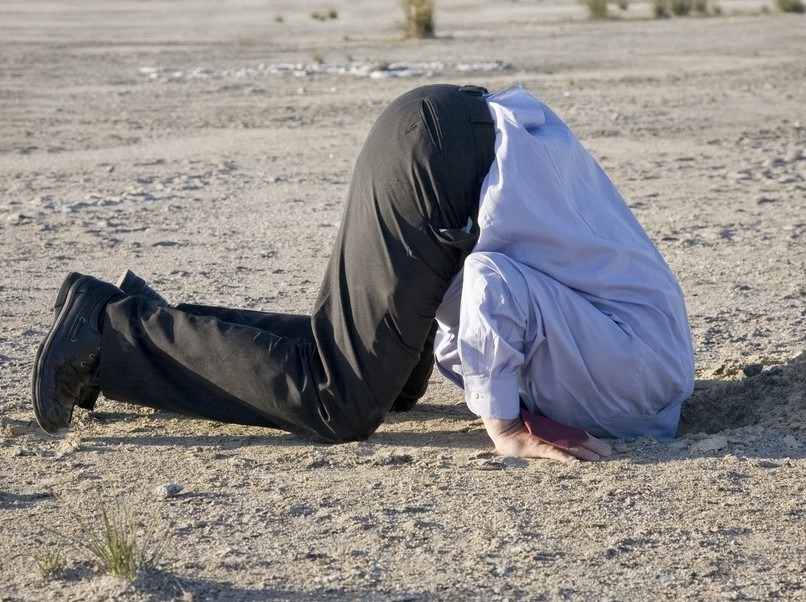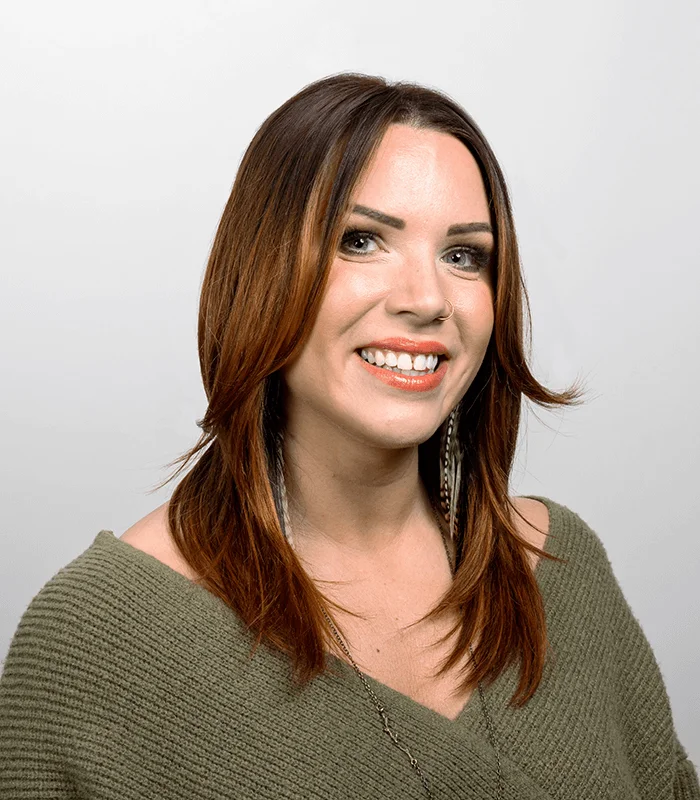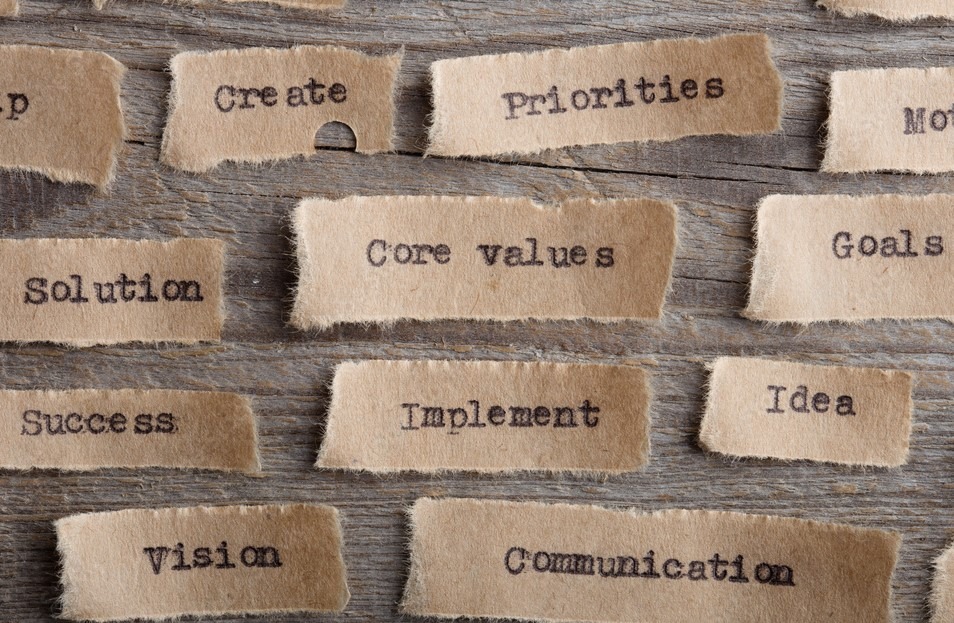The challenges we face during pandemics like COVID-19 can show up as the primary source of stress for many. Stressors may include isolation, burnout, fear of sickness, and a lack of separation between roles (for example working from home while parenting and home schooling), to name a few. Although time for oneself is always recommended, the added stressors that COVID-19 brings makes self-care even more paramount.
DIFFERENT TYPES OF STRESS
Throughout our lives, we encounter differing degrees of stress. Some stressful situations are short term. These situations are known as acute stress. Chronic stress refers to something deeper and longer lasting. It occurs when we are exposed to an inescapable stressor over a long period of time. Three aspects are present when we experience chronic stress: uncertainty, a lack of information and a loss of control (Maté, 2003). Ringing any bells? Unfortunately, in the time of COVID-19, there seem to be a lot of factors that are beyond our control. The fact that we don’t have an end date can make things feel even more overwhelming.
NOT ALL STRESS FEELS BAD
Stress can actually be a good motivator in times of procrastination, but ultimately, our bodies don’t know that difference. Not only can “good” stress further the avoidance of looking at the “bad” stress, it impacts our bodies in the same way (Maté, 2003). Examples of “good” stress, or stress that seems tolerable, include buying a new house or getting through a presentation. Yes, these events can feel rewarding, but our bodies continue to be heavily affected.
PEOPLE EXPERIENCE STRESS DIFFERENTLY
Just as we all have different interests, our response to stressors will vary, depending on our personal histories and personalities. Another major factor that determines our response to stress is our emotional competence. This is our ability to be aware of:
- Our emotions and express them in a healthy way
- What is impacting our present versus what is being brought to the surface from our past
- Our needs, not what others expect of us (Maté, 2003)
Our bodies are at risk of significant health problems if we are not aware of these personal aspects.
THE IMPACTS OF CHRONIC STRESS
When experiencing continuous stress, our bodies never have the chance to return to their normal level of functioning. Our body’s normal level of functioning occurs when we are operating from the prefrontal cortex of the brain. This is where our rational thinking and decision-making processes take place. There are several long-term impacts that chronic stress can have on our body and brain functions. For instance:
- Memory
- Difficulty making rational decisions and learning
- Decreased attention span
- Weakened immune system
- Increased risk of cardiovascular disease, blood pressure, and diabetes
When we are stressed, it’s tricky to do things that require a lot of focus. We may resort to something that distracts us from what is currently causing the distress. These behaviours may give our brains the short break it needs recharge and return to a stable level of functioning. Although escapism can feel freeing in the moment, it confuses our minds and bodies in the long run. While we may think we are taking care of ourselves, we are causing a negative impact on our bodies (Maté, 2003).
WHAT IS SELF–CARE?
There is a common misconception that self-care is simply taking time to veg out in front of the TV, have a glass of beer or wine, or go to the gym. Although these activities can bring feelings of momentary peace, it may just be a temporary bandage for something troubling that lies deeper. What you may have considered a healthy way to cope with distress, may actually simply be a method of avoidance. Although avoidance of stress or escaping what ails us can feel good at the time, it is pushing the problems deeper, causing a bigger impact.
Rather than turning toward the experience, acknowledging it and working through it, an avoidant behaviour is taking place. In the end, these experiences, or feelings that you attempt to avoid, will build up and at some point, there will be an eruption.
Examples of avoidance may include:
- Food
- Exercise
- Escape through social media, TV or books
- Drinking or drug use
- Sex
- Shopping
These methods therein themselves can be a great tool for escapism/distraction, or to give your mind a break. However, if you find yourself perpetually going back to the same behaviours when a challenging situation arises, that’s when the behaviour may be problematic.
Several behaviours can be either self care or a escape mechanisms, depending on the frequency and intent behind them. For instance, allowing yourself to occasionally indulge in a big bowl of popcorn while watching a movie might be a way to refuel after a hard day at work. However, if this is a nightly behaviour, it may be a way to avoid dealing with a stressor. Physical activity is important and can be a great way to recharge. However, if you’re at the gym for the second or third time that day, this can be considered an unhealthy behaviour.
“BUT I DON’T HAVE TIME!”
Self care is not a reward. You don’t have to wait until your bucket is empty before refilling it. For a lot of people, self care is a luxury that falls to the bottom of a to–do list. In reality, it needs to be prioritized in our schedules because it is required for us to give our best self to the other parts of our lives.
Sometimes, self care can be setting a boundary with a loved one or allowing yourself to cancel plans to have a night at home. It can be giving yourself permission to rest, even it means pushing aside some things on your to-do list, like doing dishes or going for a run.
SELF-CARE OR SELFISH?
Although many may view taking time to recharge as selfish, there are substantial differences between being selfish and engaging in self care. Being selfish implies a desire to put your own needs above someone else’s. With self-care, although you are focusing on yourself, it’s also for the good of others around you. If your bucket is completely empty, how do you expect to help your daughter with homework, do that load of laundry or be there for a friend? The answer is simple, you can’t. Your bucket needs to be full in order to fill the buckets of those around you.
FILLING YOUR BUCKET
When you engage in a behaviour that you view as self care, be mindful of how it makes you feel in that moment. To determine if an activity is being used as self-care, or simply as a way to avoid, it can be helpful to ask oneself “does it fill me up?” If it energizes you, as though your internal bucket is filling up, then this signals that it is self-care; if it depletes you, as if draining your internal bucket, this indicates you are likely avoiding something deeper.
It can feel overwhelming when you find yourself avoiding, rather than working through your stressors, to change these habits. You are not alone! Here at Unstuck, we can help you to face the hardships head on. Enlist the help of a Unstuck psychologist to escape the patterns of avoidance. Call us to book your Risk-Free Consultation, and we can get started.
Melissa Schmode-Kristoff, Registered Provisional Psychologist
References
Maté, Gabor. (2003). When the body says no: The cost of hidden stress. Vintage Canada.












